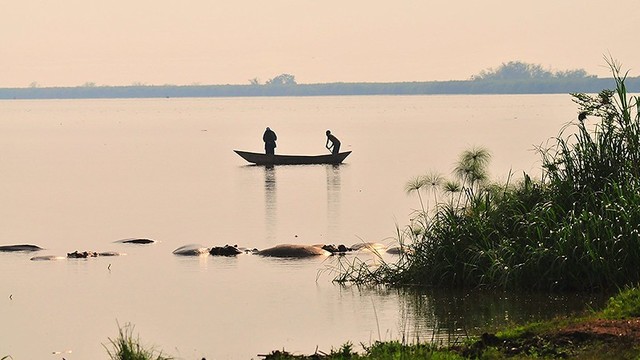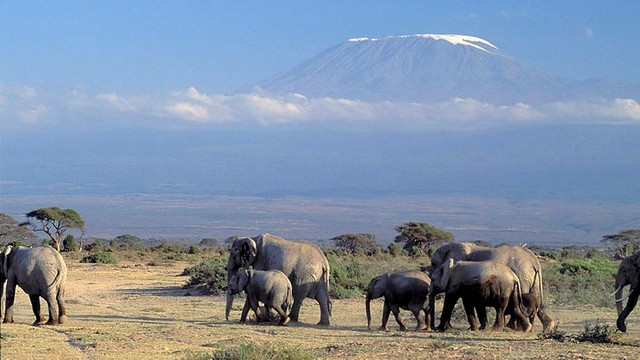Incentives for an inclusive green economy
An inclusive green economy is at the heart of the Sustainable Development Goals. It will achieve poverty reduction and a nature-positive, climate-resilient and net zero economy for countries in the South and North. IIED is reviewing and supporting incentives for public and private investment and finance to achieve an inclusive green economy.

Food vendors at Victoria Market in Port Victoria, Seychelles (Photo: UN Women/Ryan Brown via Flickr, CC BY-NC-ND 2.0)
While some countries have made progress towards becoming an inclusive green economy, no one has yet managed to fully complete the transition. So there is much to be learned by cross-country learning facilitated by a centre of excellence such as IIED.
While the COVID-19 pandemic and Ukraine war has set back poverty reduction and stalled economic growth, it could also present an opportunity to shake up established ways of working and move toward an inclusive green economy.
To achieve an inclusive green economy requires massive public and private investments alongside changes in the flow of finance. This must be achieved by changing incentives for governments and private investors.
Climate and nature finance can no longer be a niche topic with set aside funds and modalities. Sustainable finance needs to enter and take over the mainstream. Climate and nature need to be integrated into mainstream public budgets and into conventional financial markets so that they become the dominant way of working.
What is IIED doing?
IIED is analysing, supporting and facilitating a range of incentives for inclusive nature-positive, climate-resilient and net zero emissions economies in a range of countries.
These incentives are intended to move sustainable finance into the centre of public budgets and mainstream financial markets. These incentives include:
- National expenditure and budget policies to finance climate resilience and mitigation in Africa
- Budget reform and public financial management under the Building Resilience Project for Ethiopia (BRE)
- Fiscal stimulus packages under COVID-19 in Brazil, France, India and Uganda
- Public, private and household level investments in Bangladesh
- Debt management, including both performance-linked bonds and debt swaps for climate and nature key performance indicators for Cabo Verde, Senegal, Jordan and Kenya,
- Biodiversity credits, a novel approach to finance biodiversity conservation that mobilises resources to people living and working closest to biodiversity, and
- Insurance market development for human-wildlife conflict in Kenya, Malaysia and Sri Lanka.
Contact
Paul Steele (paul.steele@iied.org), chief economist, IIED’s Shaping Sustainable Markets research group



